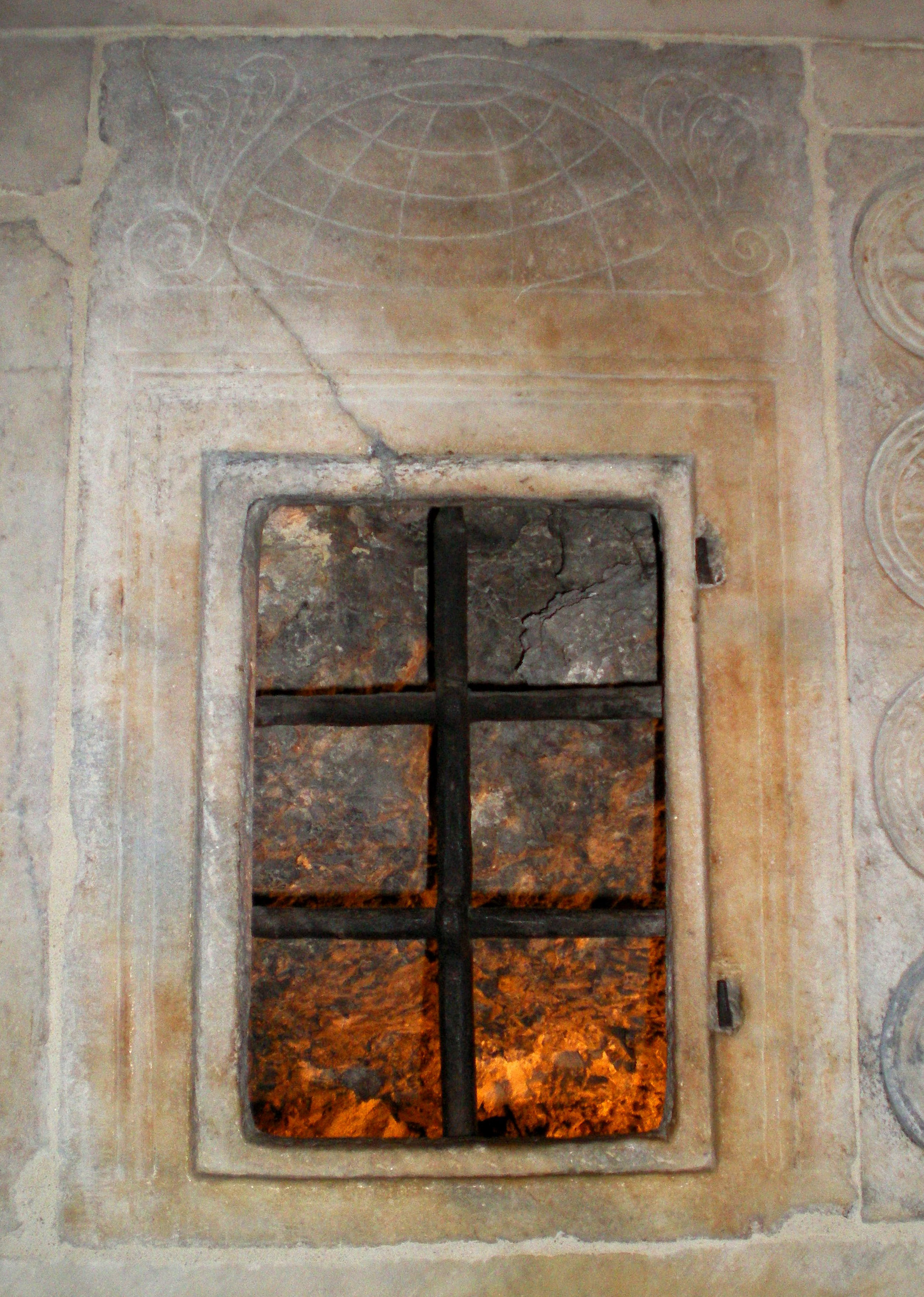Handling the Bones. How Did the Late Antique Christians Start to Touch Relics?
The cult of saints, and their relics, is deeply rooted in the history of Christianity. Yet, if the Christians always respected heroes of the faith, such as Apostles and martyrs, before the 4th century they did not expect to be able to contact them after their death, did not believe in the power of their graves, and abhorred the idea of touching their bones.
In his paper, Robert Wiśniewski will search to show how the last of these attitudes changed. He will study late antique (4th-6th century) textual and archeological evidence and address the questions of when, why and how the Christians, living in the society which feared and avoided any contact with the dead bodies, come to collect, touch, kiss, transfer, and ultimately tear off the bones of those whom they considered saints. This is his current research and so you will probably hear more questions than answers.
Robert Wiśniewski is an associate professor at the University of Warsaw, where he was trained as an historian and obtained his PhD (2002) and habilitation (2013). His research is focused on religious history of Late Antiquity and more specifically on three fields of interest. The first of them is the early Christian divination or the question of how those members of the Church behaved who wanted to stay well informed about their future without committing a serious sin. The second interest lies in the early cult of saints. Robert is a senior member of the team working on the ERC founded project The Cult of Saints: a Christendom-wide study of its origins, spread and development. He also prepares, for OUP, a book on the beginning of the cult of relics, which – hopefully – will be completed soon. The third field of his research concerns the development of the western Christian clergy, with a focus on the role of the presbyters, the group whose role in the late antique Church and society is not entirely clear.

